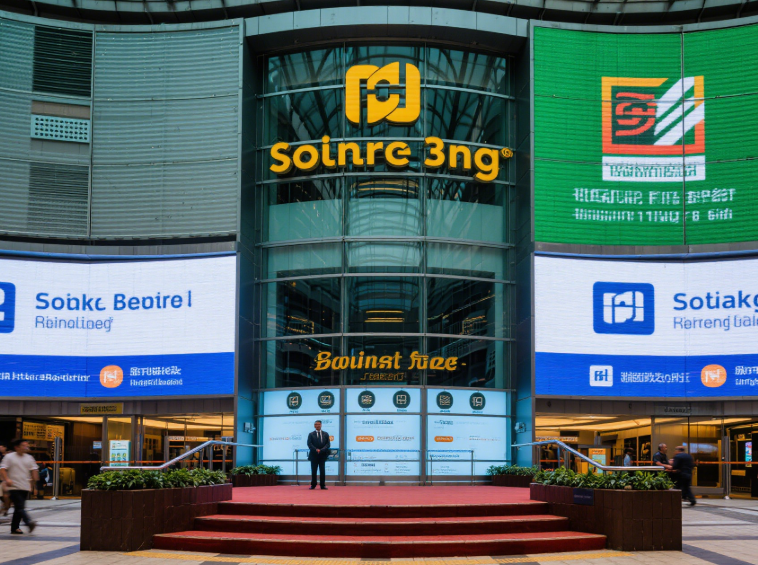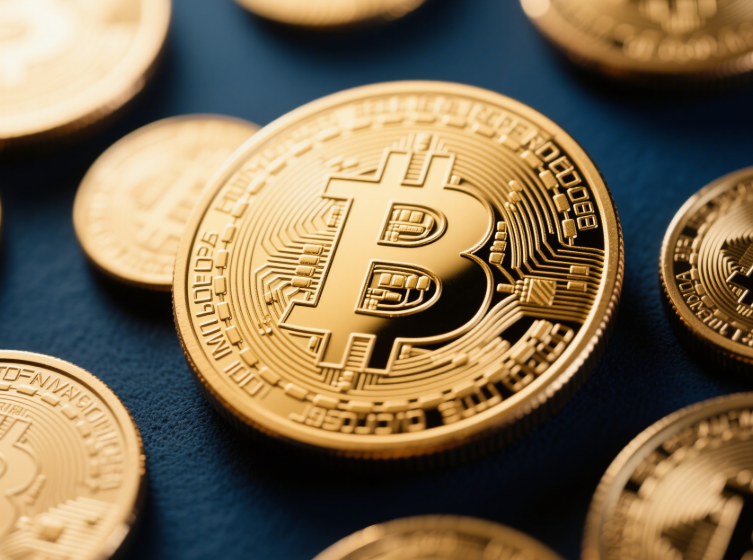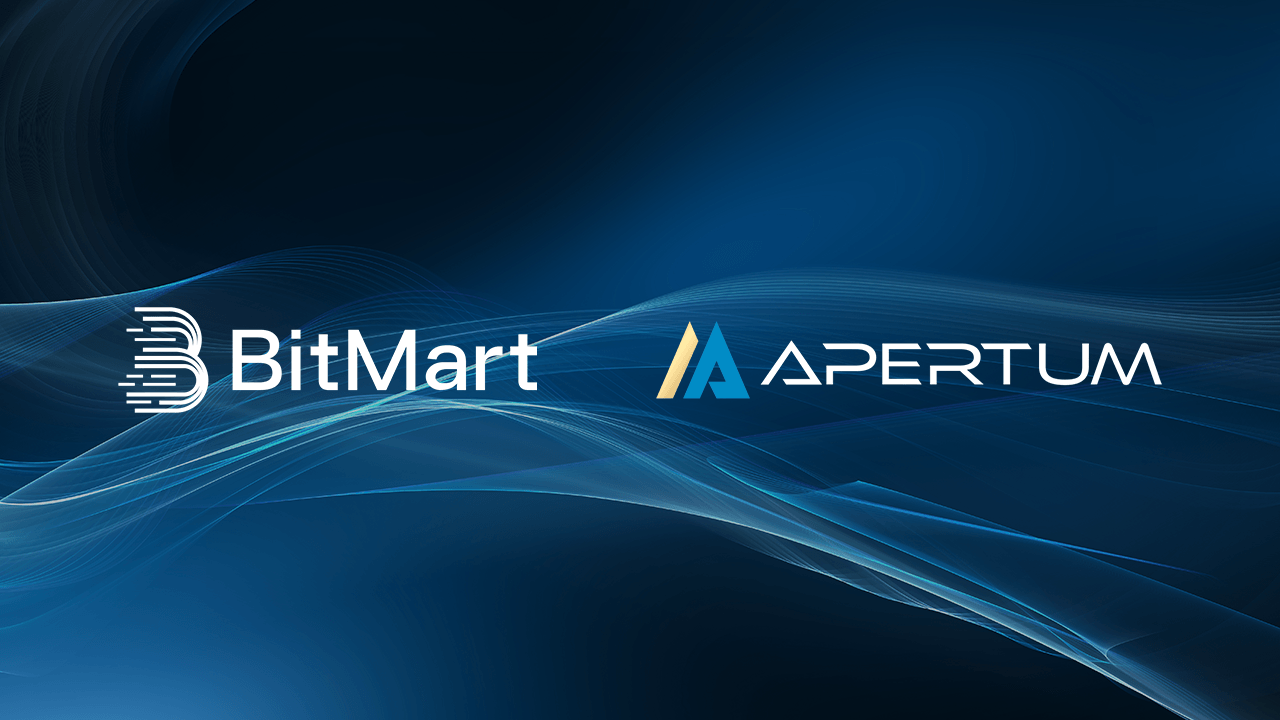As the global cryptocurrency market matures, more countries and regions are beginning to focus on regulating cryptocurrency trading. In recent years, Hong Kong, as an international financial center, has seen significant changes in its regulatory policies regarding cryptocurrencies. Recently, the Hong Kong Securities and Futures Commission (SFC) released new guidelines concerning cryptocurrency exchanges, sparking considerable discussion among investors and cryptocurrency enthusiasts. So, does using a Hong Kong exchange for cryptocurrency trading count as legal? Let’s take a closer look at the details.
Current Status of Hong Kong Exchanges
The Hong Kong Stock Exchange (HKEX) is a long-established trading platform with an international reputation. However, it has faced many challenges in recent years, especially in the digital asset space. Traditionally, the HKEX did not offer direct cryptocurrency trading services and focused mainly on stocks and derivatives. However, with the rise of digital assets, many exchanges in Hong Kong have opened cryptocurrency trading services, offering trading for Bitcoin, Ethereum, and other digital currencies.

In terms of regulation, the Hong Kong SFC implemented stricter policies for cryptocurrency exchanges in 2021, requiring all exchanges wishing to operate in Hong Kong to obtain relevant licenses. This means that only exchanges that comply with the regulations can legally operate and conduct cryptocurrency trading. As regulatory requirements have increased, investors are paying more attention to the compliance and legality of the exchanges they choose.
Distinguishing Between Legal and Illegal Exchanges
Before discussing legality, we should first clarify the distinction between “legal” and “illegal” exchanges. Legal exchanges refer to platforms that have received government regulatory approval and can operate according to relevant laws and regulations. Illegal exchanges, on the other hand, are platforms that have not obtained regulatory licenses or intentionally evade regulation. These platforms often carry high risks and may involve fraudulent or money laundering activities.
So how can we determine whether an exchange operates legally? First, you can check whether the exchange has relevant licenses listed on the Hong Kong SFC’s official website. For instance, well-known exchanges like Binance and Huobi have applied for licenses in Hong Kong and, after strict reviews, their operational compliance is relatively high.

New Regulatory Guidelines from the Hong Kong SFC
The Hong Kong SFC has recently issued a series of new rules pertaining to cryptocurrency exchanges. These new guidelines require all cryptocurrency exchanges to:
Obtain Licenses: Exchanges must apply for and receive licenses issued by the Hong Kong SFC to operate legally.
Comply with Anti-Money Laundering Regulations: Exchanges must strictly follow anti-money laundering (AML) laws and Know Your Customer (KYC) policies to ensure the authenticity and legality of user identities.
Information Disclosure: Exchanges should regularly disclose their trading conditions and risk control measures to regulatory bodies to enhance transparency.
The introduction of these rules aims to boost market confidence and protect investors' interests. This also means that investors trading on Hong Kong exchanges, if utilizing legal platforms, face relatively lower risks.
How Investors Can Choose Legal Exchanges
For investors, it’s crucial to select a legal exchange. Here are some suggestions:
Check for Licenses: Ensure the chosen exchange holds a valid license and verify its registration information on the Hong Kong SFC’s website.
Examine Compliance: Pay attention to the exchange’s compliance with anti-money laundering and customer due diligence regulations to ensure the platform does not involve illegal activities.
Understand User Feedback: Browse social media and community forums to gather other users' evaluations of the services provided by the exchange to make an informed choice.
Consider Security: Investigate the security measures of the exchange; opt for platforms with a good security track record and user protection policies.

Future Regulatory Trends
Hong Kong's cryptocurrency market is developing towards clearer and stricter regulations. With continuous advancements in technology, the application scenarios for blockchain and cryptocurrencies are becoming increasingly diverse, indicating that more new regulations will emerge in the future. These policies could include regulations targeted at emerging crypto-assets as well as creating a more favorable environment to attract legitimate digital asset growth.
At the same time, overseas markets are experiencing similar trends, with various countries establishing regulations that affect the operations of major exchanges. Investors should not only pay attention to regulatory changes in their own region but also stay updated on international market dynamics to adjust their investment strategies accordingly.
In conclusion, Hong Kong, as an international financial center, has established a relatively mature framework for regulating cryptocurrency trading. By using exchanges that are legally compliant, investors can enjoy a secure trading environment while increasing their confidence in the cryptocurrency space. Moving forward, we hope that Hong Kong will continue to lead the way in the digital asset sector, attracting more investors and digital asset projects.
















No comments yet